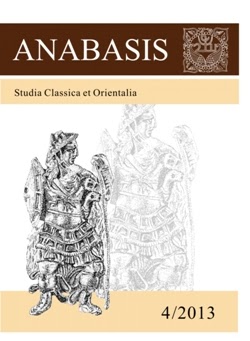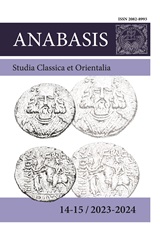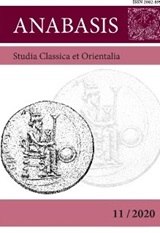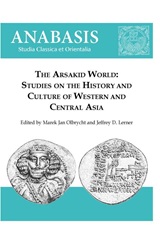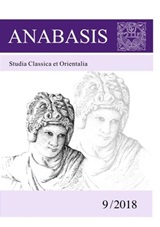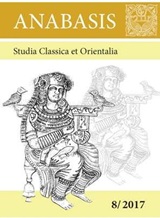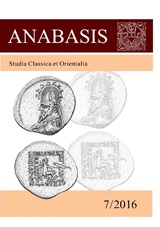The Parade Hatchet-Klevets from Old Nisa (A Contribution to the Study of the Combat Hatchets and Their Cult in Ancient Central Eurasia)
Keywords:
Parthia, Old Nisa, picks-klevetses, combat hatchet worship, Central Eurasia, Sakas, Indo-Sakas, Yüeh-chih/Tochari, Kushans, Mithradates II of ParthiaAbstract
This article deals with a pick-klevets made of partially gilt silver, which was uncovered in 1950 in the so-called “Treasure-house” of the fortified Parthian royal residence known nowadays as Old Nisa (formerly Mithradatkirt) in Southern Turkmenistan. The author argues that this hatchet was brought there as a trophy after a victorious campaign waged by the Parthian king Mithradates II (ca. 123–88/7 BC) in the early period of his reign against invasive nomadic peoples from Central Asia, recorded in ancient written sources under the names of the Scythians/Sakas and Yüeh-chih/Tochari. Manufactured probably in the region of Bactria, this unique battle-size klevets was certainly intended for parade/ritual purposes, not for fighting, and must have belonged to a defeated Saka or Tocharian chieftain as his attribute of power. The tradition of such an attitude towards the combat hatchets among the Iranian and Tocharian peoples from the Early Iron Age through Early Medieval times is also traced in detail by the author.
Downloads
Published
How to Cite
Issue
Section
License
Copyright (c) 2013 Anabasis. Studia Classica et Orientalia

This work is licensed under a Creative Commons Attribution-NonCommercial-NoDerivatives 4.0 International License.

